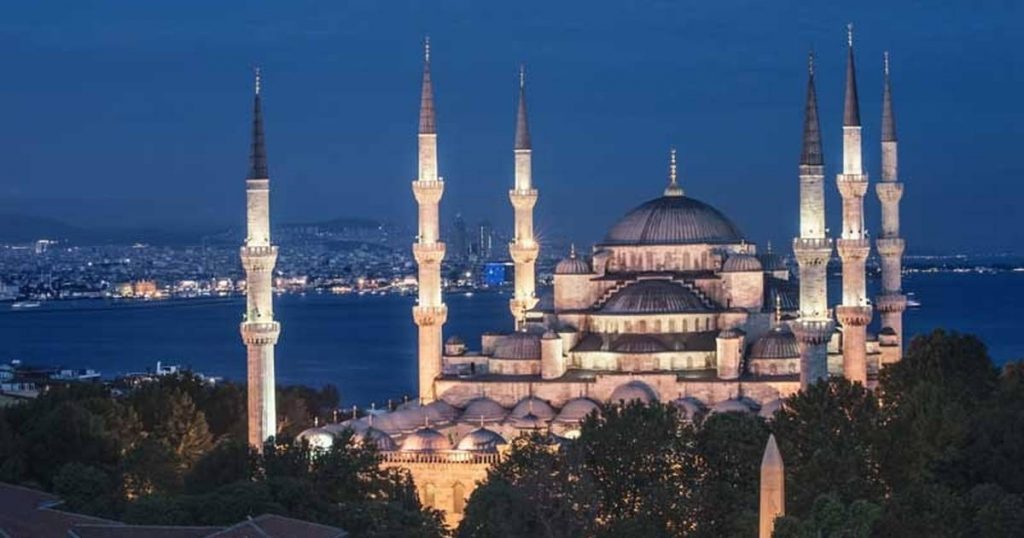
A Turkish court has revoked the famed Hagia Sophia’s status as a museum, paving the way for the sixth-century architectural wonder, known for its sparkling Byzantine mosaics and frescoes, to be reverted into a mosque.
President Recep Tayyip Erdoğan, who has been a vocal proponent of the change, has since signed a decree ordering that the building is open for Muslim prayer.
“The opening of Hagia Sophia for worship does not prevent local or foreign tourists from visiting the place,” a presidential spokesperson told the state-run Anadolu Agency. Other popular historic sites, such as Notre Dame Cathedral in Paris and the Parthenon in Rome, are still in active use as Catholic churches.
The Hagia Sophia was Turkey’s most popular tourist attraction in 2019, attracting more than 3.7 million visitors. There have been legal challenges to its operation as a museum since 2005, with conservatives seeking its reversion to an active religious site. (Erdoğan has already converted three other Byzantine church museums into mosques.)
A UNESCO World Heritage Site since 1985, the Hagia Sophia was built as a Greek Orthodox church in 537 AD, the largest one in the world at the time, and the seat of the Orthodox patriarch of Constantinople.
More than 900 years later, after Constantinople fell to the Ottomans in 1453 and was rechristened Istanbul, the cathedral was converted into a mosque.
In today’s ruling, the court found that in conquering Istanbul, Ottoman ruler Sultan Mehmet II essentially established a foundation that owns the Hagia Sophia to this day. According to the court, legal status cannot be changed.
After the establishment of the modern Republic of Turkey, the nation’s founding president, Mustafa Kemal Atatürk, declared the Hagia Sophia a museum in 1935. The historic site would be “open to the visits of all nations and religions,” according to his decree.
An Istanbul NGO had sought the annulment of that decision, with the support of Erdoğan. news.artnet.com



